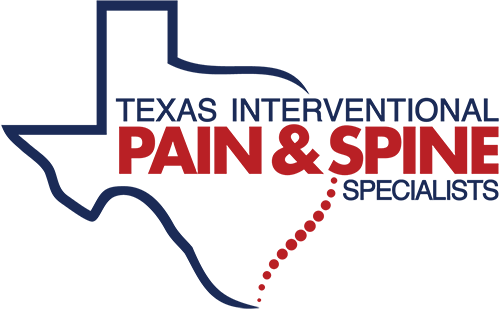
Myofascial Pain Syndrome
Myofascial pain syndrome is a chronic pain disorder that affects the connective tissue surrounding the muscles, known as fascia. This condition is characterized by the presence of trigger points, which are taut bands of muscle fibers that can cause pain and dysfunction when they are pressed or manipulated.
The causes of myofascial pain syndrome are not fully understood, but it is thought to be related to muscle tension, stress, overuse, and injury. It can affect people of all ages and can occur in any muscle group, but it is most commonly seen in the neck, shoulders, and lower back.
Symptoms of myofascial pain syndrome may include muscle stiffness, tenderness, and fatigue. Pain may be present at rest or may be triggered by movement, and it may be localized to one area or may be widespread.
Diagnosis of myofascial pain syndrome is typically based on a combination of physical examination, patient history, and imaging tests. A physical examination may involve pressing on trigger points to assess for tenderness and sensitivity. Imaging tests, such as X-rays or MRI, may be used to rule out other conditions that may be causing the pain.
Treatment for myofascial pain syndrome typically involves a combination of therapies, including physical therapy, medications, and interventional procedures. Physical therapy may involve stretching and strengthening exercises, massage, and heat or cold therapy. Medications, such as nonsteroidal anti-inflammatory drugs (NSAIDs) and muscle relaxants, may be used to manage pain and inflammation.
Interventional procedures, such as trigger point injections, may also be used to treat myofascial pain syndrome. In these procedures, a small needle is inserted into the trigger point and a local anesthetic or other medication is injected to help relax the muscle and reduce pain.
Overall, myofascial pain syndrome can be a challenging condition to manage, but with proper treatment and self-care, it is possible to reduce pain and improve function. If you are experiencing symptoms of myofascial pain syndrome, it is important to speak with your healthcare provider for proper diagnosis and treatment.
Ready to Live Pain Free?
If you are interested in an ethical, personal and individualized approach to pain treatment, then we are here to help. Please give our office a call at (361) 360-3264. We look forward to helping you restore a more active, joyful and pain free life!
